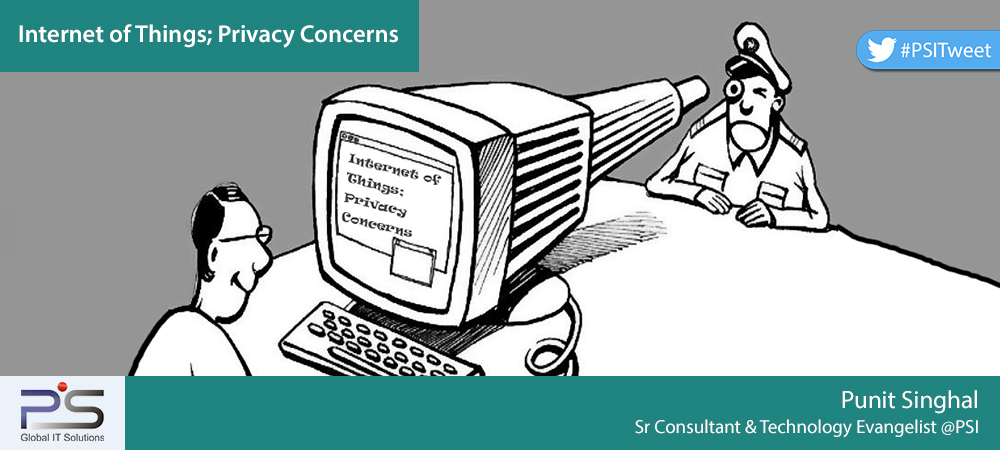There is a lot of buzz in recent times around the Internet of Things (IoT). Many acclaimed organizations are working on defining standards and creating their own platforms to take a lead in this technology domain. These platforms will allow developers to building IoT solutions. Some big companies taking lead here are Google, Oracle, IBM, Samsung etc. Then there are numerous small and big players working on IoT to grab a bite of this pie.
Let’s understand what IoT is and why there is so much hype around it. Internet of Things implies interconnected devices with minimal human interaction. In other words it means technology that will enable us to connect everything Connected homes, Connected businesses, Connected cities, Connected World. The advantage is having that there will access to tremendous information in real-time, which can be used to enhance individual lives, businesses, and society at large.
The connecting frameworks are integral to the concept of IoT. Managing these connections is a key challenge for users and businesses. The data generated by these devices is crucial for the companies deploying these solutions and also to the other people and organizations.
With IoT, the connections are not predetermined but are automated according to the needs. So, how do the devices find each other? How will they connect? Many of the individual things/devices will allow itself to get disclosed to unwanted things/devices. They should be able to define how, when and by whom they can be located. How will they “talk” to each other? This requires an emergence of common platform for protocol, data formats or parameters. How will the user restrict the flow of data? Concerning sensitive personal data like location and movements. This situation raises concerns around maintaining the privacy of personal information.
Justin Brookman, of the Centre for Democracy and Technology, expressed concern regarding the impact of IoT on consumer privacy, saying that “There are some people in the commercial space who say, ‘Oh, big data — well, let’s collect everything, keep it around forever, we’ll pay for somebody to think about security later.’
The question is whether we want to have some sort of policy framework in place to limit that now or will we wait for people to misuse it for unethical gains.
According to research firm IDC, the explosive growth in cloud and number of Internet-connected devices is expected to propel the IoT market globally to $3.04 trillion by 2020.
It’s sure to touch our lives. The unanswered questions are, how do we sensitize it? What steps shall we take now? How can we make this technology more secure in terms of keeping data safe and secure?
By Punit Singhal, Sr. Consultant & a Technology Evangelist
Image Courtesy: http://computerstories.net









